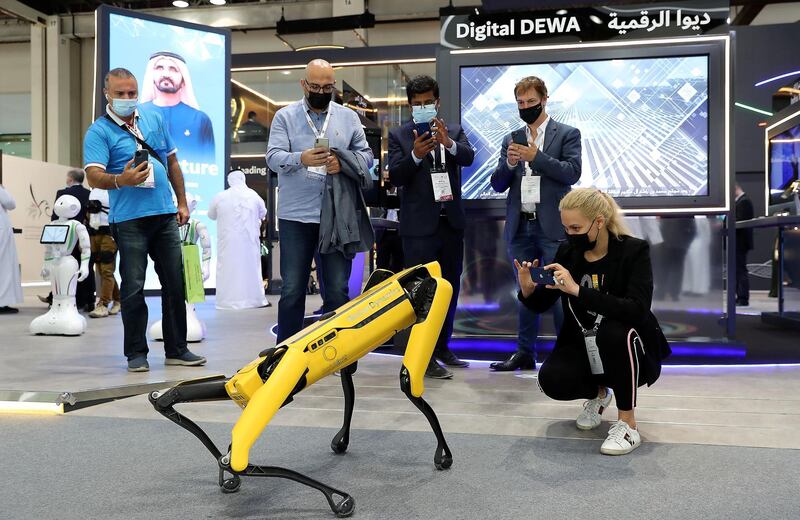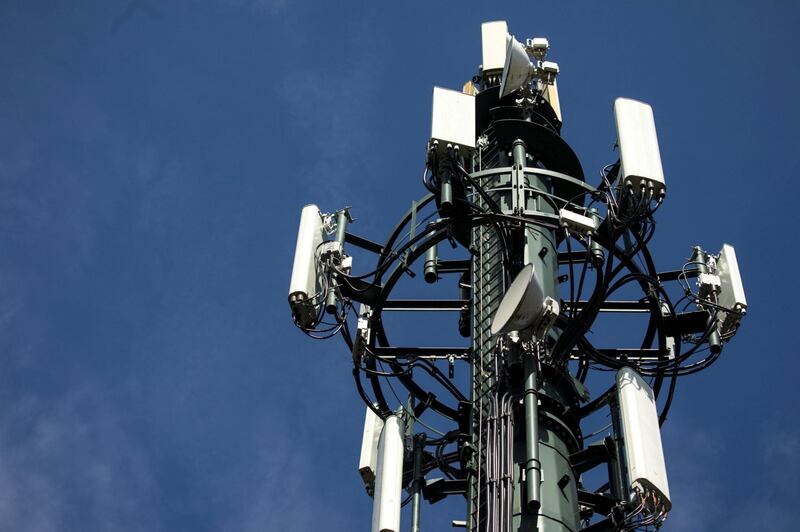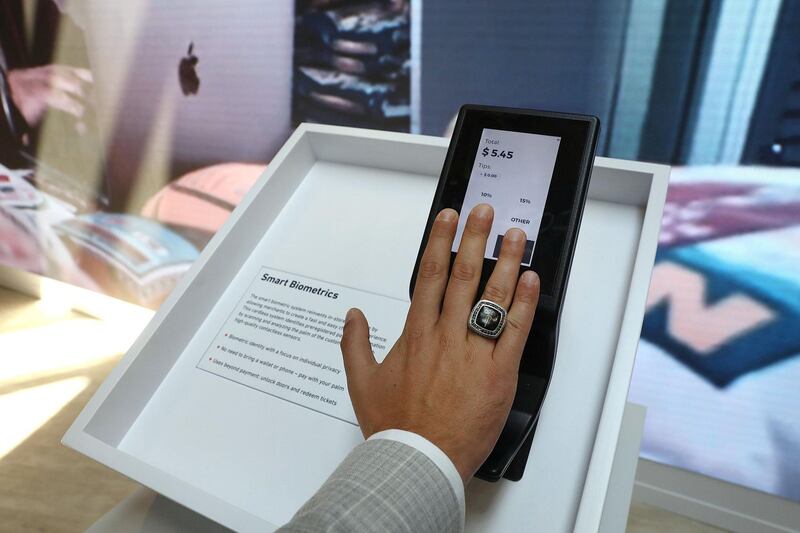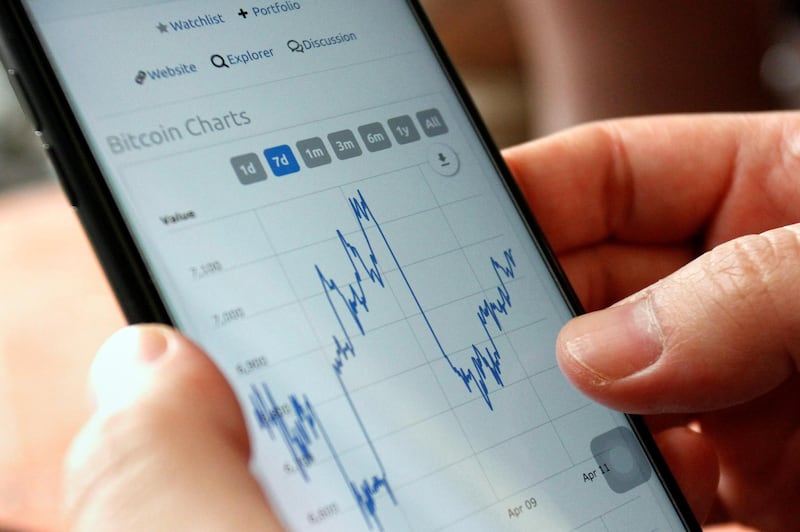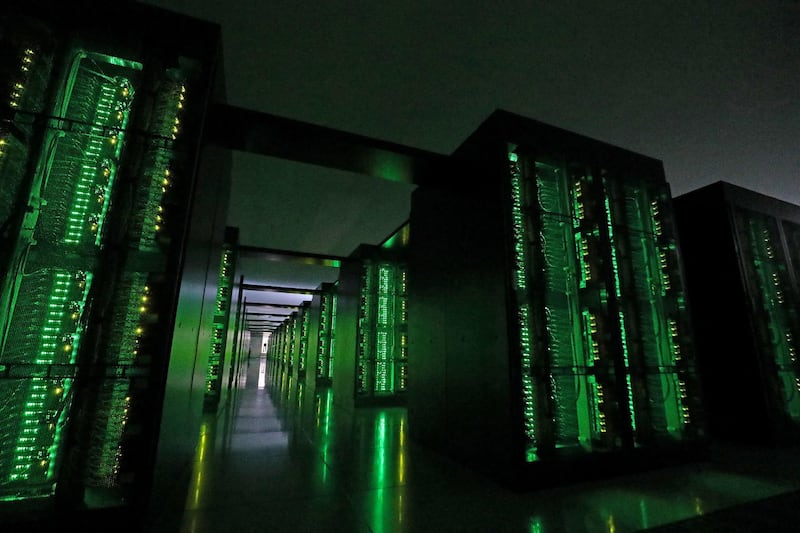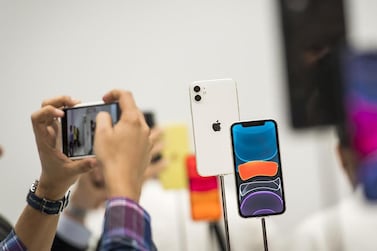Global spending on digital transformation technologies and services such as artificial intelligence and machine learning is forecast to grow an annual 10.4 per cent to $1.3 trillion this year, according to International Data Corporation.
Though the wave of investment being ploughed into technology is slower than the 17.9 per cent annual growth last year, it remains one of the few bright spots in a year marked by significant disruptions impacting businesses worldwide.
The Covid-19 pandemic has wiped off almost $500 billion of global digital transformation investment between 2020-2023 from IDC’s forecast prior to the outbreak, according to Eileen Smith, programme vice president at the market intelligence firm.
“Despite losses, pockets of growth opportunities exist across most industries when diving deep into specific use cases that solve specific business problems,” she said.
Here are the 10 top technology trends of the year ahead:
Supercomputers inch towards becoming a reality
US technology companies such as Microsoft, IBM and Google are competing to be the first to commercialise supercomputer technology.
Far more superior than general-purpose computers, supercomputers are typically used to address the most demanding problems in the world. They include helping develop medicine, fighting a coronavirus, oil and gas exploration, simulating nuclear weapon explosions, weather forecasting and climate research.
In May, Microsoft announced building one of the top five publicly disclosed supercomputers. In March, IBM partnered with the White House to offer supercomputing power and help researchers working to fight the spread of the coronavirus pandemic.
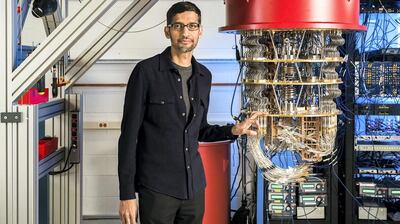
Quantum computers to solve complex problems
Although the possibility of a quantum computer was proposed as far back as 1982, it was only in 2012 that the first venture was undertaken to explore commercial uses.
Capable of performing complex calculations in less than fractions of a second, quantum computing could be one of the biggest science revolutions yet.
“As companies and institutions begin to experiment with quantum for the first time … and as that expertise starts to move beyond the academic world … we will see business plans and the early seeds of products and services that centre around a quantum future,” Werner Vogels, vice president and chief technology officer of Amazon, said.
Google is developing a quantum computer model that will be 100 million times faster than any conventional computer in its labs.
e-gaming
Consumer appetite for gaming rose rapidly in 2020 with the creation of new platforms such as Apple's Arcade and Google's Stadia. Movement restrictions due to the Covid-19 pandemic also propelled users’ interest, industry experts said.
Global gaming revenue is expected to reach $174.9bn by the end of this year, up 19.6 per cent than the last year, according to a Newzoo survey.

This is $15.6bn higher than the previous forecast that the Amsterdam-based market research company made during the early months of the Covid-19 pandemic in May. It is expected to reach $217.9bn in the next three years.
Hyperautomation
Hyperautomation is a process in which businesses automate as many tasks as possible using tools like AI, machine learning and robotics.
Businesses are adopting automated practices to support the greater scale required for digitally driven enterprises.
By 2022, nearly 45 per cent of repetitive work tasks will be automated and augmented by using digital co-workers, powered by AI and robotics, according to IDC. Almost three-quarters of the top technology organisations will adopt automated practices to transform their IT workforce by 2023.
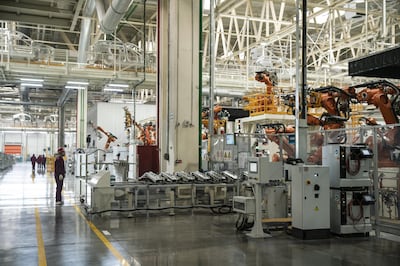
Biometric payments
Technologies such as biometric identification are evolving as the next modes of payment and Amazon made that a reality in September, when it introduced a payment-enabling palm scanner.
The product links the characteristics of a person's palm to their Amazon account and is being tested at two of the company's stores in Seattle.
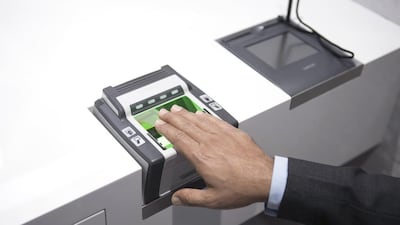
About 90 per cent of smartphones will have some form of dedicated biometric hardware in the next four years, enabling payment by phone, facial recognition or a thumbprint scan, according to Juniper.
Smart Dubai has said it will start using facial biometrics to authenticate transactions in 2021.
Green hydrogen
Green hydrogen, which uses renewable energy to produce hydrogen from water, is gaining traction around the globe as climate change and clean forms of energy take centre stage. It’s being increasingly favoured by countries that aim to reduce emissions and the dominance of fossil fuels from future energy mixes.
Green hydrogen could lower costs by 40 per cent in the short term and 80 per cent long term, according to the International Renewable Energy Agency.

Several energy firms are factoring in the development of a hydrogen ecosystem as part of their long-term growth plans.
Abu Dhabi National Oil Company plans to establish a "hydrogen ecosystem" as it looks to meet growing global demand for the lighter and cleaner gas that is emerging as an alternative to fossil fuels.
Saudi Arabia, the world's largest oil exporter, is also putting together a strategy to develop hydrogen production capabilities.
Sixth-generation technology
The introduction of 5G telecoms networks may still only be partly under way, but companies such as South Korea's Samsung have already drawn up a plan with the use cases and possible timeframe for 6G.
The world's biggest smartphone and memory chip manufacturer expects the International Telecommunication Union to define a 6G vision next year, and forecasts the completion of standards and early commercialisation by 2028, with widespread introduction by 2030.

The exponential growth in the number of connected devices will require 6G to support about 10 million devices per square kilometre, almost 10 times larger than the connection density of 5G.
Mobile cryptocurrency
With more marketplaces supporting cryptocurrency payments, some consumers may consider taking up cryptocurrency accounts accessible by mobile. By 2025, 50 per cent of people with a smartphone but without a bank account will use a mobile-accessible cryptocurrency account, according to Gartner.

The Internet of Behaviour
The Internet of Behaviour captures the “digital dust” of customers’ lives from a variety of sources. That information can be used by businesses to influence people’s behaviour, according to Gartner.
The data can come from a range of sources, and the technology that puts all the data together and draws insight is growing increasingly sophisticated.
Digital health
Technology is improving the ability of healthcare providers to effectively respond to the coronavirus pandemic – allowing for faster diagnoses and speedy dissemination of trusted information as well as detecting fraudulent insurance claims and accurately evaluating patient data in real time.
Digital health is the combination of latest technologies with healthcare to improve the efficiency of healthcare delivery and make medicines more accurate and customised.

This market is expected to increase nearly six times in size by 2026 to about $639bn, at an annual growth rate of 28.5 per cent from 2020 to 2026, according to Statista.

